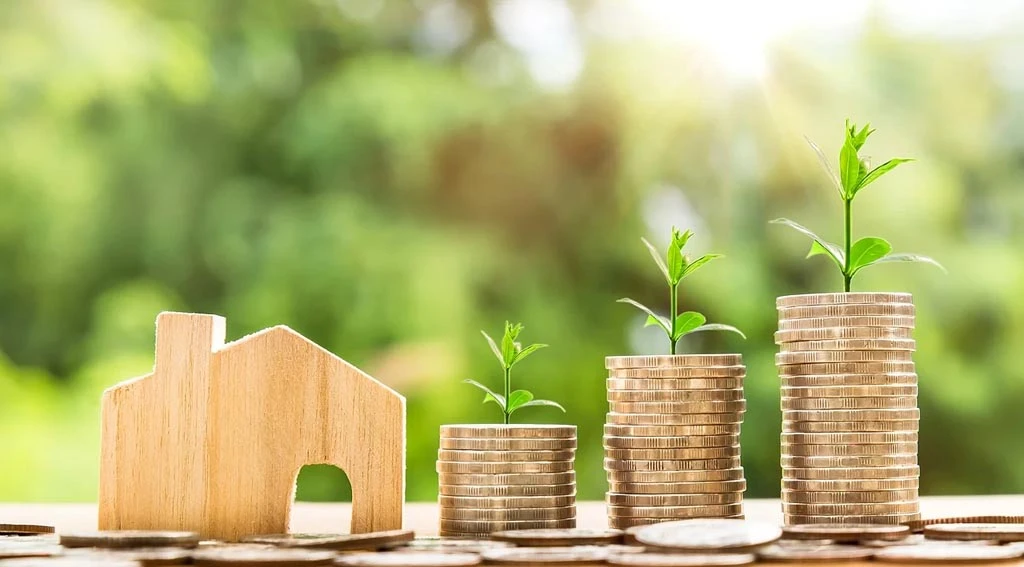Leasing a property is a great way to earn passive income, making this one of the many advantages of investing in real estate. But what exactly is leasing and how do you go about it to ensure that you’re earning – rather than losing – money from your investment?
Before anything else, you need to get some of the basics down pat like the difference between leasing and renting.
Leasing versus renting out a condo
Renting and leasing property are terms often mistaken to be interchangeable. Though legally speaking, they are required documents before allowing someone to live in your property, in theory, they differ by a mile. Understanding that now will help other leasing considerations make sense.
A lease agreement is a contract between a landlord and a tenant that covers the renting of property for at least 12 months or more. While a rental agreement only lasts 30 days. After the expiry of a rental agreement, the landlord can renegotiate the terms and conditions or even increase the rental fee.
With this knowledge, you can now take a deep-dive into the considerations you need to account for to ensure your success in the leasing business. While there are many, to be sure, one basic consideration that you can leverage is the timing of your lease.
Perfect timing – deciding when it’s best to lease a property
Just as you had a number of items on your checklist when you were shopping for a condo to invest in, your potential lessees also have a lot to consider when choosing a condo to move into.
As a lessor, thoroughly understanding this along with your lessor-related concerns will help guide you in timing your leasing ventures. The following will help you identify the best time to lease your condo:
1. Determine if you are actually ready to lease your condo
 Photo courtesy of Free-Photos via Pixabay
Photo courtesy of Free-Photos via Pixabay
The best thing to do is to first seek the advice of your property’s Leasing Department. They can also help you find the best lessee for your condo unit.
Expect them to give you a detailed checklist of legal considerations and requirements before you lease out your condo. These could be documents that you need to prepare or certain real estate laws that you need to be aware of.
Be thorough, and consult closely with your leasing and/or property managers when doing a rundown of these requirements and legal considerations.
2. Research about the location
 Photo courtesy of DMCI Homes Leasing
Photo courtesy of DMCI Homes Leasing
Location is another key factor in determining the best time to lease out your property. Is your condo located near a university? Perhaps the best time to lease it out is before the start of the semester.
Or, is there a new establishment or a new mall project nearby? Locations surrounded by such establishments attract a lot of potential residents; so you might want to add this information when advertising your property.
Study, as well, the date of completion of certain development projects around your condo area. Roadworks, for instance, will make the area more accessible and thereby attractive to potential residents.
Since the location is one of the main factors that potential lessees consider in choosing a condo, play it out well to your advantage.
3. Determine your leasing fee based on the season
Does the demand for condo units for leasing have a seasonality or is any time good? According to the Apartment Guide, summer is the best time to rent out or lease your condo because this is when most people make big life changes.
During the holiday season, most people are busy and have little time to go house-hunting; so you might want to decrease your price a little at this time.
It would be wise to know when the peak season is; so you can determine the fees based on the season. You wouldn’t want to exert energy in marketing your property or commanding a high price during the off-peak season. Timing is everything. Plan it well before considering to lease out your condo.
4. List your lease property online
 Photo courtesy of 27707 via Pixabay
Photo courtesy of 27707 via Pixabay
Regardless of when the best time is to lease your property, it wouldn’t hurt to come up with a back-up plan and list your condo unit online. In fact, you can never tell when a potential lessee might become interested to lease your condo. Just make sure to update your online listing from time to time, especially its rates for both the peak and the off-peak seasons.
According to Colliers, they forecast a sustained pace of rental growth from 2020 to 2022 due to sustained leasing of secondary units in key Central Business Districts, brought by increasing Philippine Offshore Gaming Operations in the country. Their employees are looking for condo units near the office and transportation hubs. Make sure to post your online advertisement and never miss the chance of attracting a potential lessee.
5. Research on the right leasing price
 Photo courtesy of nattanan23 via Pixabay
Photo courtesy of nattanan23 via Pixabay
Determining the right leasing fee will give you a competitive edge among other lessors. Is your lease price too high for the off-peak season? This is important to determine; so you can find the right tenant and earn the right amount of income, as well.
To determine the appropriate leasing price, conduct research on the current market value of the type of unit you own. It could also help to talk to your property’s Leasing Department; so they can help you find the right tenant.
You might also want to consider the economic state of your country, especially during the pandemic.
On top of these are two basic types of lease restrictions on leasing out a property in the Philippines:
- The total number of leased units within a property. Some properties allow no more than 30 condo units to be leased out at a time.
- The required period for living in a property before you can lease it. Certain property developers will require new owners to live in the condo unit for a period of time (at least one year) before leasing it out.
These restrictions may vary depending on the property and the regulations imposed by the developer. So, again, it is best to ask the property representatives first before deciding on putting your unit up for lease.
Maximizing a real estate investment, with hopes to passively earn income from it, depends on many factors. For you to succeed in making the most out of your property leasing business, you will need to consider various legal considerations and requirements before leasing out your property.








